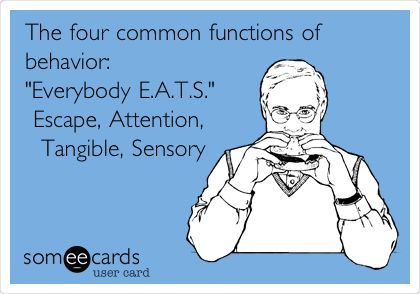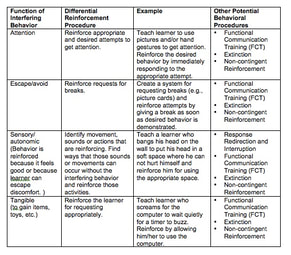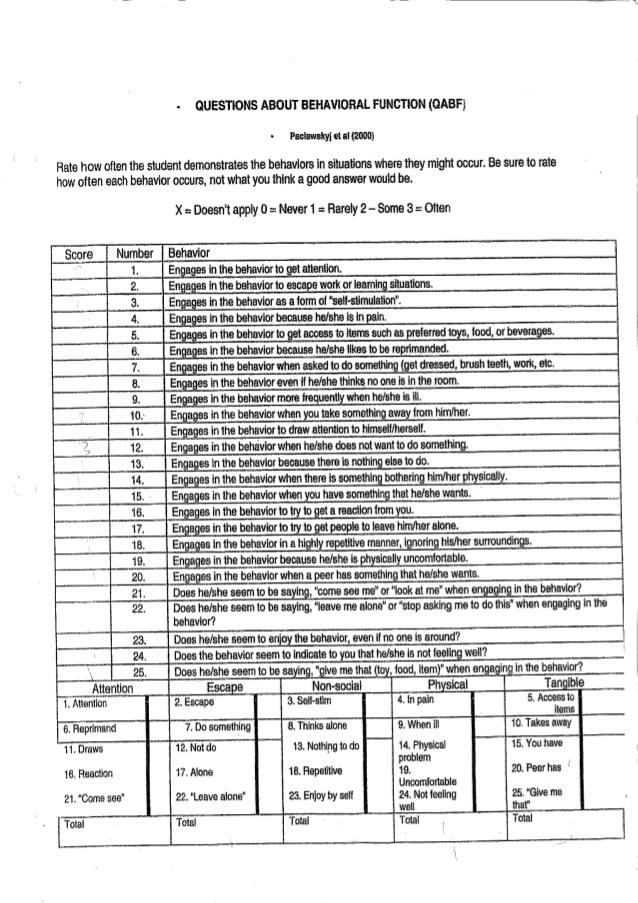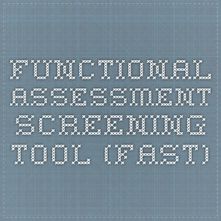|
Meet the Staff
|
Marissa Cline, BCBA, LBA, IBA
Marissa is a graduate of The Chicago School of Professional Psychology. She holds a dual Master's degree in Applied Behavior Analysis and Counseling. She has been a nationally certified BCBA since February of 2016 and is also a licensed Behavior Analyst in the states of Texas, Oregon, and Ohio. Marissa also holds certification as an International Behavior Analyst (IBA) through the IBAO allowing her to supervise clients and students worldwide. She has worked in a wide variety of settings with ages birth-late 70's and believes all individuals can improve their skills and quality of life through ABA. Marissa has previously delivered ABA and autism services in Florida, Texas, California, Ohio, Illinois, Indiana, and Oregon which has allowed her to see the differences in educational services for behavior support across the United States. She is also proficient in remote supervision and telehealth from her past experience working for the largest ABA provider in the entire world.
Jessica Schulzki, RBT
Jessica is a student of Capella University. She is currently completing her master's degree in Applied Behavior Analysis and accruing hours towards becoming a BCBA at Schramm Educational Center. Jessica also holds a bachelor's degree in Psychology specializing in ABA from Capella. She has previous experience as a paraprofessional/1:1 aide in District 86.
Marissa is a graduate of The Chicago School of Professional Psychology. She holds a dual Master's degree in Applied Behavior Analysis and Counseling. She has been a nationally certified BCBA since February of 2016 and is also a licensed Behavior Analyst in the states of Texas, Oregon, and Ohio. Marissa also holds certification as an International Behavior Analyst (IBA) through the IBAO allowing her to supervise clients and students worldwide. She has worked in a wide variety of settings with ages birth-late 70's and believes all individuals can improve their skills and quality of life through ABA. Marissa has previously delivered ABA and autism services in Florida, Texas, California, Ohio, Illinois, Indiana, and Oregon which has allowed her to see the differences in educational services for behavior support across the United States. She is also proficient in remote supervision and telehealth from her past experience working for the largest ABA provider in the entire world.
Jessica Schulzki, RBT
Jessica is a student of Capella University. She is currently completing her master's degree in Applied Behavior Analysis and accruing hours towards becoming a BCBA at Schramm Educational Center. Jessica also holds a bachelor's degree in Psychology specializing in ABA from Capella. She has previous experience as a paraprofessional/1:1 aide in District 86.
The 4 Functions of Behavior |
All behavior serves a purpose (function). All behavior is maintained by one of the four functions of behavior. The four functions of behavior are: escape/avoidance from aversive tasks/situations/ people, attention, access to tangibles, and automatic (sensory). Behavior can maintained by multiple functions which is referred to as dually maintained behaviors.
|
How to: Determining the FunctionBefore a behavior is targeted for change, it is important to determine the function of the behavior. If a behavior is changed or reduced without providing a functionally equivalent alternative, new behavior often maladaptive behavior can develop. To determine the function of a behavior a functional analysis (FA) or a functional behavior assessment (FBA) can be conducted. An FA utilizes experimental manipulations to determine the function of the behavior. An FBA utilizes a variety of assessment tools including direct observation, checklists, and questionnaires to hypothesize the function of a target behavior. ABC recording is often utilized to determine the function of the behavior.
|
Direct Assessments-ABC Recording and FBA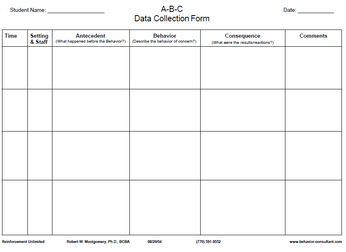
ABC recording is a direct assessment method that can be utilized to help determine the function of the behavior. When taking ABC data three categories are recorded. A (antecedents) everything that occurs before the behavior of interest is jotted down. B (behavior) the behavior of interest is recorded. C (consequence) what happens immediately after the behavior is recorded. ABC data can be recorded on a variety of forms including checklists to make recording of data easier.
| |||||||||||||||||||||||||
| qabf.pdf | |
| File Size: | 47 kb |
| File Type: | |
| hanleyfainterview.pdf | |
| File Size: | 1503 kb |
| File Type: | |
